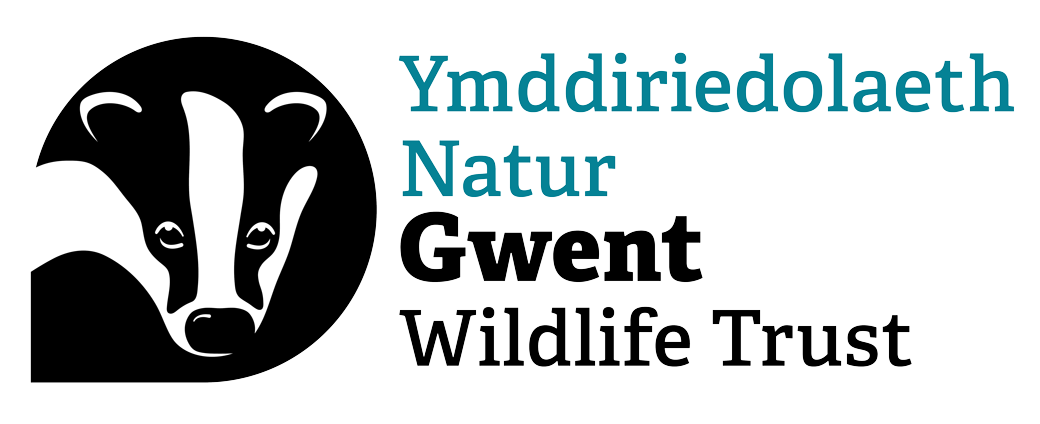"Here in Gwent, we are fortunate to see surviving populations of dormice, but their outlook is nonetheless precarious.They face the same threats reported in the State of Britain’s Dormice 2019 - the loss and fragmentation of their natural habitats, as well as the mounting impacts of climate change.
"Gwent Wildlife Trust staff and volunteers are working hard to manage, conserve and restore vital habitats for dormice and other wildlife. As a species that favours scrub and managed woodland, we manage our nature reserves sensitively to provide these habitats – like at our Croes Robert Wood nature reserve, where the trees are subject to coppice rotation and bright woodland rides are created and maintained. Managing the habitat in this way ensures that the woodland provides all the cover, plant and insect food and other conditions, which dormice need throughout the year. Thanks to the work of our Woodland Conservation Officer, Doug Lloyd, trainees and volunteers, we’re also able to turn the coppiced wood into charcoal to sell, providing income that will help us continue our conservation work.
"However, our work for dormice doesn’t stop at our reserve boundaries; we want to see the whole of Gwent rich in wildlife. Some of our other activities include: providing advice to private landowners on managing their woodland, scrub and hedgerow habitats; responding and objecting to planning applications for development that would be damaging to dormice and their habitats; providing opportunities for our staff to train for dormice handling licenses, so we can monitor important sites; increasing awareness of the interesting ecology and plight of dormice, through talks, articles and other posts.
"With the coordination of our Trustee, Keith Allen, Gwent Wildlife Trust staff and a band of dedicated volunteers, we also monitor dormice at a number of sites across Gwent, which includes both natures reserves and privately owned woodlands. One such site we are involved with monitoring is the MOD Caerwent training base, which we have reported on previously in Gwent Wildlife Trust's membership magazine Wild About Gwent.
"We first set up 50 nest boxes on this base in 2011, and have since expanded this to 70 boxes across three woodland blocks. In building a relationship with the MOD staff, we have been able to feedback and provide advice that will benefit this dormouse population. We collect some fantastic data from these boxes, and of course, send this off to the People's Trust for Endangered Species (PTES) National Dormouse Monitoring Programme, contributing to the report.
"At Gwent Wildlife Trust, we very much follow the ‘Bigger, Better, More Joined Up’ way of working, and this is so crucial for a small mammal like the hazel dormouse, which cannot simply fly from one woodland to another. Dormice rely on a network of high quality habitats – hedgerow 'highways' and scrubby 'service stations', to cross the landscape and reach suitable breeding sites. With the help of our supporters we will continue to expand our work across Gwent, and make sure our beautiful county provides not just for wildlife, but for people too."
